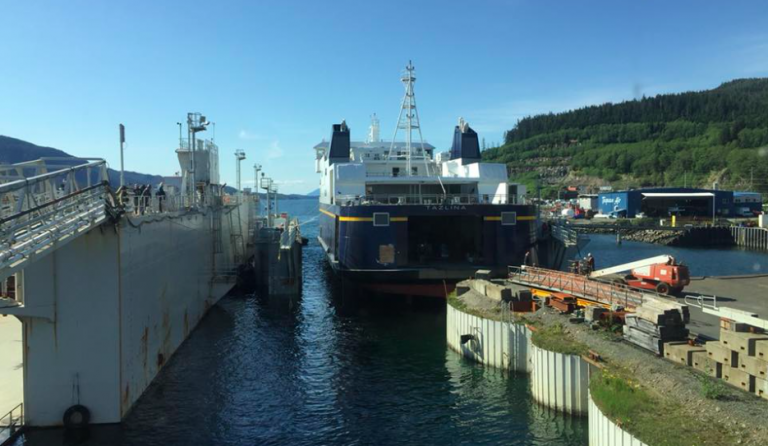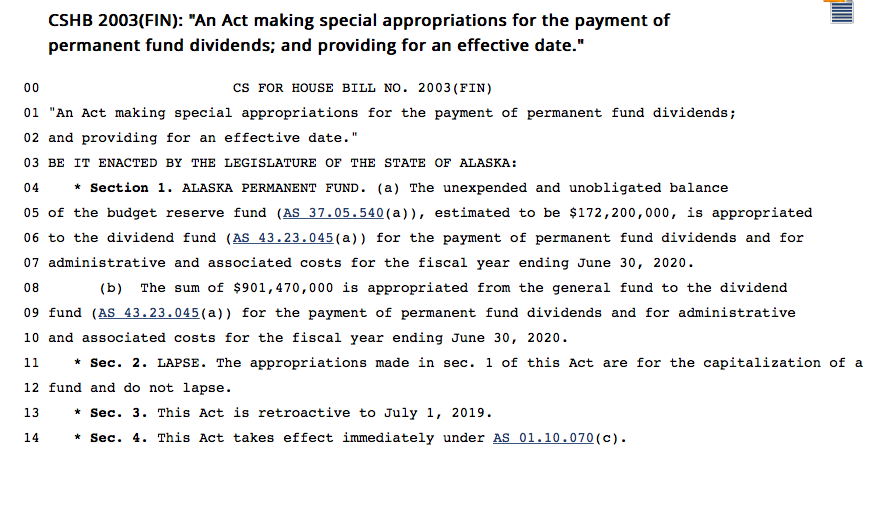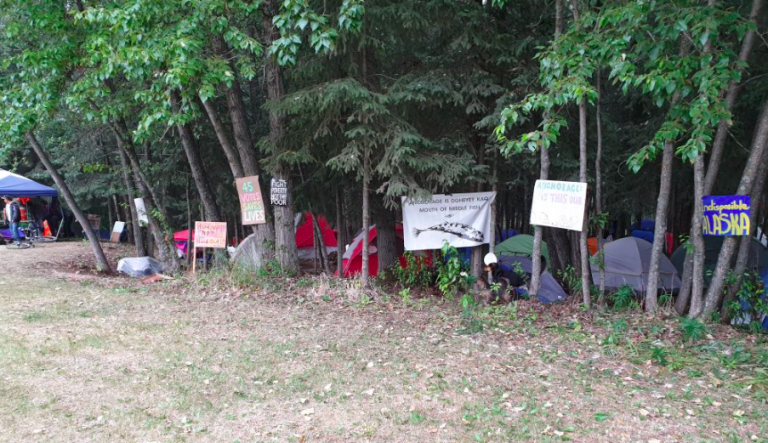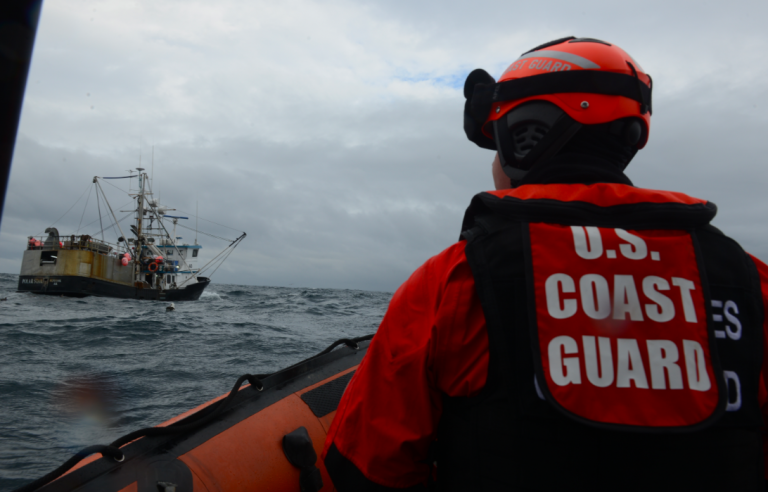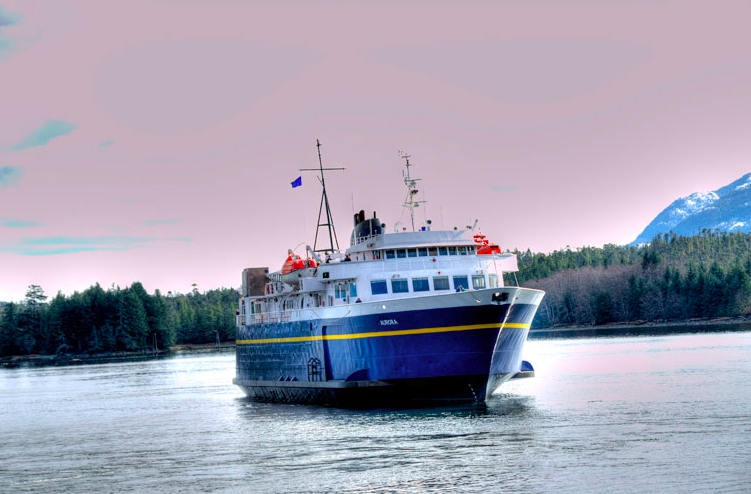PRIVATE SECTOR STEPPING UP, DOT PUTTING STRANDED TRAVELERS UP ON SHIPS
The Alaska Department of Transportation has refunded more than $584,000 in ferry tickets and freight fares, and is helping stranded travelers find private carriers to move themselves and their cars between ports to ease the inconvenience of the sudden strike of the Inland Boatman’s Union, which shut down the State ferry system on Wednesday.
The strike is indefinite.
That $584,000 will now go to the private sector carriers along the coastline as the State has enlisted the help of companies such as Alaska Marine Lines and others, said Commissioner of Administration Kelly Tshibaka today in a phone call with reporters. Other carriers that are picking up passengers include Alaska Air, Harris Air, Taquan Air, Alaska Seaplanes, and Allen Marine.
DOT is allowing stranded travelers who are without funds for high-season hotels to simply remain onboard the vessels, but no meal services are available. Two other ferry unions are not striking, but the IBU is in charge of meals.
The strike of the Inland Boatman’s Union may have been sudden, but it was calculated for this week, the beginning of the Southeast Alaska State Fair, when the sudden lack of ferries would exact the most amount of harm on communities and economies across Southeast Alaska. There are Boy Scout troops trying to get to the Yukon River, and hunters heading to the Interior for scheduled hunting trips. All are being inconvenienced by the IBU.
The union could have waited two hours to call the strike, and if so, the Columbia, which was in Ketchikan, would have already been underway to Bellingham. Instead, those travelers have been stranded.
As the private sector begins to adjust to getting people and freight where they need to go, it now has a small window of opportunity to show what private carriers can do if they don’t have to compete with state-subsidized ferries.
Alaska Airlines has rerouted one of their flights so it can take students from Juneau, where they had been at Echo Cove Bible Camp, back to their homes in Wrangell. Allen Marine has added new schedules for the Southeast Alaska State Fair.
The inconvenience caused by the union, and the lives that may be lost due to the union action, underscores the need for more roads in Southeast Alaska, particularly the road from Juneau to Katzehin.
[Read: DOT going ahead with road, dock at Cascade Point]
Private landing crafts that work as fish tenders may be called into service to run groceries into towns such as Angoon and Elfin Cove. Those companies that have Coast Guard certification to move passengers might find themselves adding runs to and from Northern Lynn Canal communities to help people get to the fair.
Commissioner Tshibaka today said that one reason the strike is illegal is because the IBU included an item on their strike justification that made the entire strike an unfair labor practice. That is the item relating to the Cost of Living Differential. She said the entire strike needs to be called off because of that.
She also said that her department has been contacted by many members of the IBU who disagree with the strike.
Tshibaka said the IBU is demanding free health care, getting paid for hours they are not working, the power to dictate their own schedules, and unprecedented wage increases. These items are tough for a state that is in a budgetary crisis, she said.
“The State has come a long way in trying to reach resolution,” Tshibaka said, and asked IBU to return to the bargaining table and allow a federal mediator to help the two sides come to an agreement.
